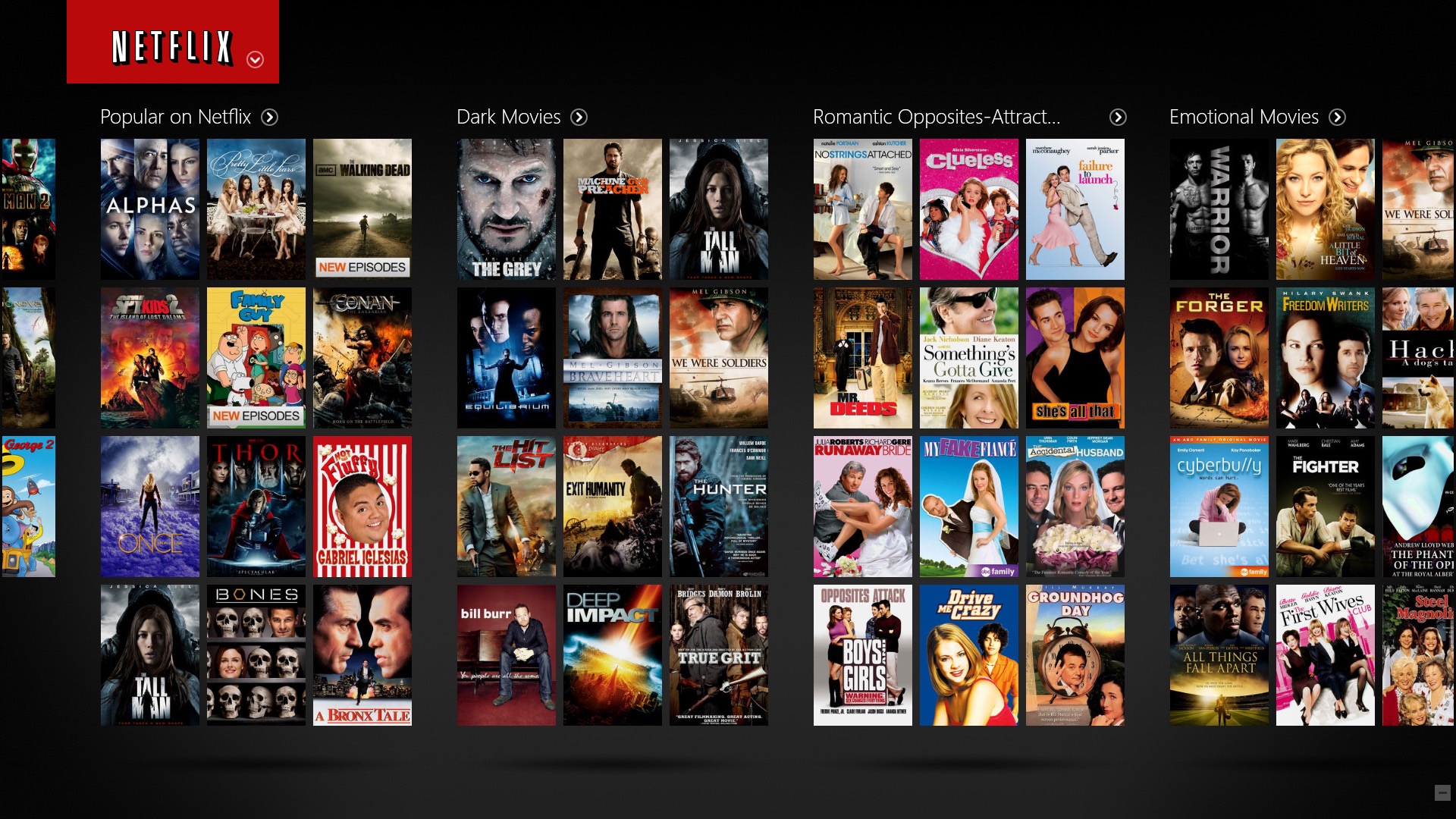Is Netflix coming to Toronto?
For many of us, the perfect escape from life is a feast of comfort foods and some Netflix binge-therapy — all without leaving your bed. But would you still stay at home if a Netflix studio was suddenly a short ride away from your doorstep?
As of last month’s Toronto Film Critics Association Awards gala, Mayor John Tory has suggested that one will be.
In an interview with CBC, Tory emphasized his “very high level of confidence, without betraying confidences that aren’t yet concrete, that they’re going to.”
Tory has reportedly “been in active discussions” with Netflix about a Toronto base since he started making annual trips to Los Angeles to speak with industry representatives four years ago. He hopes to speak with Netflix representatives again during this year’s trip.
With numerous TV shows and films such as Suicide Squad and Suits hosted, produced, and staffed in Toronto in recent years, Toronto seems like a prime location for a Netflix expansion and studio.
The news has also reportedly spurred efforts to expand the qualified talent pool and available studio space in Toronto, for which other film and TV studios have also called.
According to Tory, “they certainly have a strong interest in being here, so fingers crossed.”
While the possibility of more job opportunities and even more celebrity sightings is certainly exciting for the public, Canadian industry professionals have since voiced concerns.
Should Toronto really welcome Netflix?
In a controversial statement at the Canadian Media Producers Association’s Prime Time conference in late January, CBC President Catherine Tait warned that Netflix’s growing Canadian influence is akin to the cultural imperialism “of a new empire.”
Although her comments were met with some laughter, other established producers and directors present in her audience concurred.
Speaking to National Post, producer and CEO of OUTtv, Brad E. Danks of Vancouver explained that “now with the internet, things arrive without any sort of regulation.” Co-founder of Verite Films in Toronto, Virginia Thompson agreed, saying that “We’re now dealing with global players having free access to our country, our market, our audiences.”
Tait and Thompson, alongside Vancouver-based producer and filmmaker David Paperny, acknowledged that Netflix has helped to foster “probably the most exciting time for screened entertainment.”
Despite this, Paperny had this to say about Netflix’ Canadian operations: “Should they be regulated, as Canadian broadcasters are, to support Canadian content?”
In order to protect “the voices of the country,” Thompson hopes that the production company will dedicate a programming platform to Canadian voices that is of the same degree as it has pledged for Europe.
The announcement of the potential studio follows Netflix’s September 2017 pledge to the federal government committing a minimum $500 million toward “Canadian creative productions” over five years. In exchange, the company continues to be exempt from mandatory quotas and financial contributions to the Canada Media Fund (CMF). Funds received by the CMF are redistributed to producers and filmmakers of audiovisual Canadian content.
Soon after going public, the pledge came under fire from several directions. According to Quebec Minister of Culture Luc Fortin, the agreement allows “Netflix [to pay] itself $500 million to produce content that it will sell for a profit.”
At the time of the announcement, no details were given about the actual scope of “Canadian creative productions” or how Netflix would go about allocating funds to projects created by, in, or for Canadian interest groups including Indigenous and Quebecois filmmakers and audiences.
A new Netflix Original production based out of Québec with upstart director Patrice Laliberté was announced in November in a move toward this initiative. Existing Canadian content including CBC’s Schitt’s Creek, Alias Grace, and Kim’s Convenience have gained international recognition since becoming available on Netflix last year.
The streaming giant’s relationship with the francophone province has grown tense in recent days, however, after stock footage of the 2013 Lac-Mégantic tragedy was discovered in at least two fictional productions, Bird Box and Travelers. The derailment and subsequent explosion saw 47 people killed in the Quebecois town.
Although a unanimous motion in the House of Commons demanded compensation for victims of the disaster and removal of the footage and all associated images, the company declined CBC’s request for comment.
Based in California, the company is a foreign digital entity. This means that federal and provincial sales taxes are not collected or remitted, however tax credits are available for work done in Canada.
The company’s operations also fall outside of the Canadian Radio-television and Telecommunications Commission’s jurisdiction.
